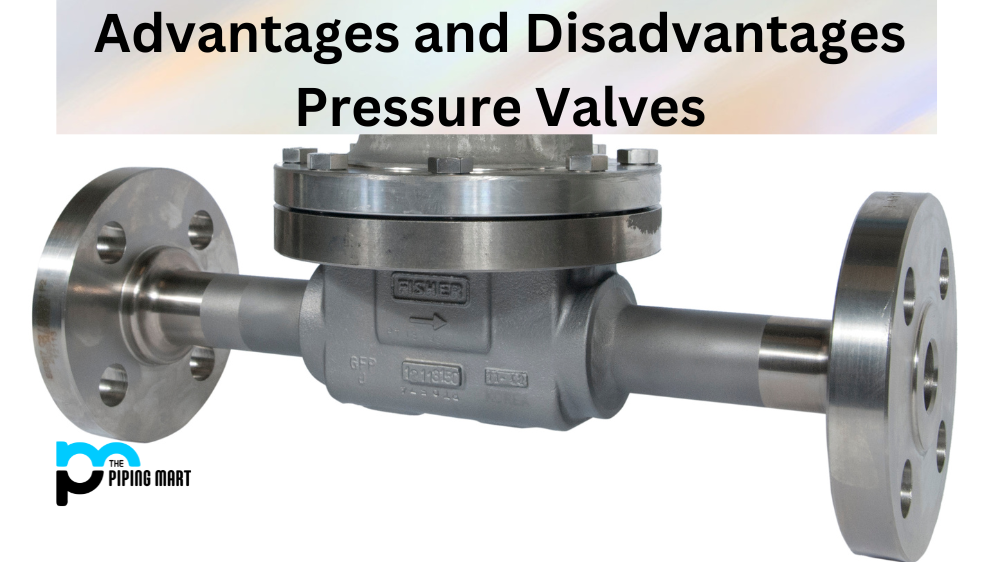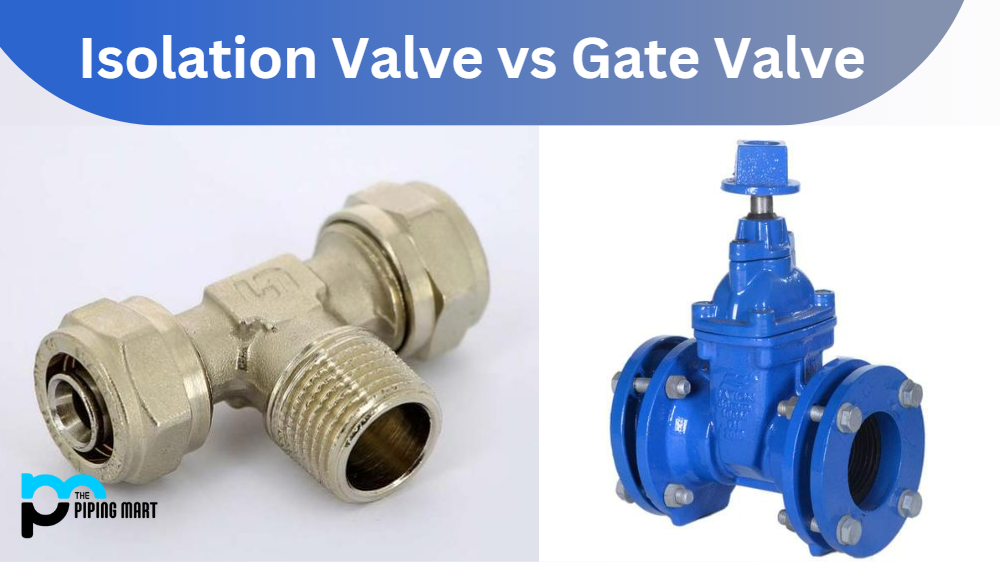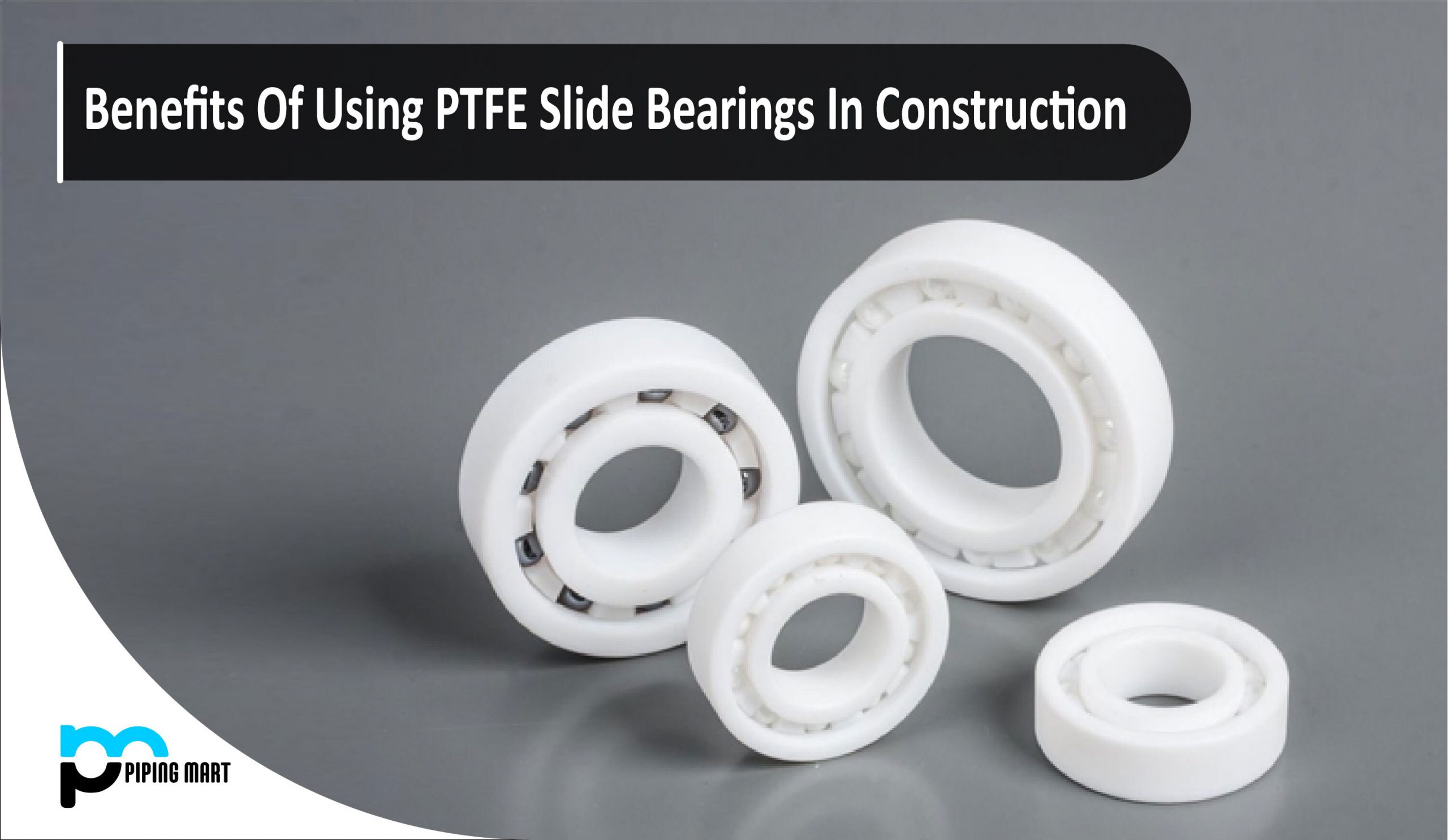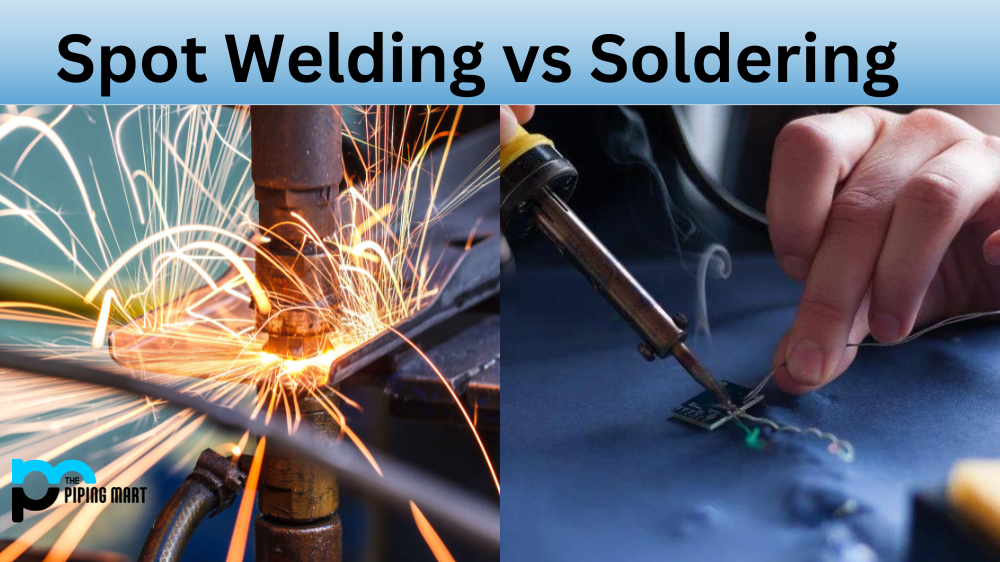Whether you’re a professional plumber, an industrial engineer, or just someone who needs to maintain and install pressure valves in your home, it’s important to understand the advantages and disadvantages of using them. A pressure valve is a device that regulates the flow of fluids by opening or closing when necessary. Here, we will discuss some of the benefits and drawbacks of utilizing pressure valves.
Advantages of Pressure Valve
A major advantage of using pressure valves is that they are extremely versatile; they can be used in any type of application, from homes to commercial and industrial applications. They are also relatively easy to install, require little maintenance and can last for years if properly taken care of. Additionally, they are an inexpensive way to regulate fluid flows in pipes and systems.
Pressure valves also have a variety of different types available for specific uses. For example, there are valves specifically designed for low-pressure applications such as those used in plumbing systems or water tanks. There are also high-pressure valves that are designed to handle more extreme pressures, such as those found in oil and gas pipelines or steam systems. This makes them incredibly useful for various applications.
Furthermore, pressure valves provide excellent safety features as they help prevent damage caused by over-pressurization or sudden changes in system flow rates. They also reduce energy consumption by controlling how much fluid passes through a system at any given time, which helps save money on energy costs.
- Pressure valves are used to regulate the pressure of fluids and gases in a variety of applications.
- Pressure valves can help to improve the efficiency of a system by preventing the loss of fluid or gas through leaks.
- Pressure valves can also help to protect equipment from damage that can be caused by excessive pressure.
- Pressure valves can be used to control the flow of fluids and gases in a variety of applications, such as in plumbing and HVAC systems.
- Pressure valves are available in a variety of sizes and configurations to suit the needs of different applications.
Disadvantages of Pressure Valve
However, with all their advantages come to a few drawbacks as well; one disadvantage is that they can be prone to leaking if not installed correctly or maintained regularly. If this happens, it can cause costly damages to both equipment and property due to water damage or corrosion from leaking fluids. Additionally, because these devices use springs that become worn out over time, they need to be replaced periodically, which can be expensive depending on the type of valve you’re using. Lastly, it’s important for operators to understand how these devices work before installing them so that they can properly adjust them for optimal performance; otherwise, they may not function properly, which could lead to potential risks or accidents if not done correctly.
Limited applications
One of the main disadvantages of pressure valves is that they have limited applications. They are only suitable for use in applications where the fluid can be contained and controlled. Additionally, pressure valves are not suitable for use with highly volatile or flammable fluids.
Pressure drop
Another disadvantage of pressure valves is that they can cause a pressure drop. This occurs when the valve is opened, and fluid is allowed to flow through it. The pressure drop can be significant, depending on the size of the valve and the amount of fluid that is allowed to flow through it.
Corrosion
Pressure valves are also susceptible to corrosion. This is because they are often made from metals such as iron or steel, which can corrode over time when exposed to certain fluids or chemicals.
Wear and tear
Pressure valves are also subject to wear and tear over time. This is due to the fact that they are constantly exposed to high pressures and temperatures, which can cause them to degrade and break down over time.
Maintenance
Pressure valves also require regular maintenance in order to function properly. This includes regularly checking and replacing worn parts, as well as cleaning the valve on a regular basis.
Conclusion:
In conclusion, pressure valves offer numerous advantages such as versatility, ease-of-use, safety features and cost savings while having their own set of drawbacks like leaking issues and replacement costs associated with their wear parts over time due to their mechanical operation principles. Proper installation is key when dealing with pressure valves since even small mistakes can cause serious consequences down the line, so it’s best left up to professionals who know how these devices work inside out; otherwise, you may end up facing unexpected problems down the road which could end up costing you more than getting it fixed right away! For website owners and SEO newbies who want better control over their fluid flows without compromising on safety – understanding the pros & cons of using this device might just be exactly what you need!

Abhishek is a seasoned blogger and industry expert, sharing his insights and knowledge on various topics. With his research, Abhishek offers valuable insights and tips for professionals and enthusiasts. Follow him for expert advice on the latest trends and developments in the metal industry.




